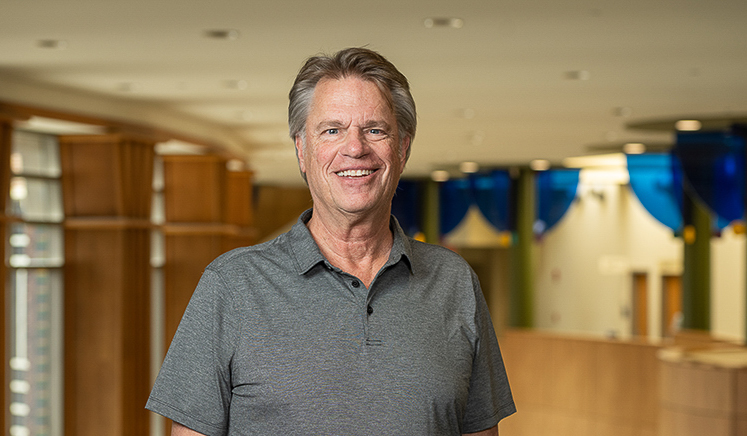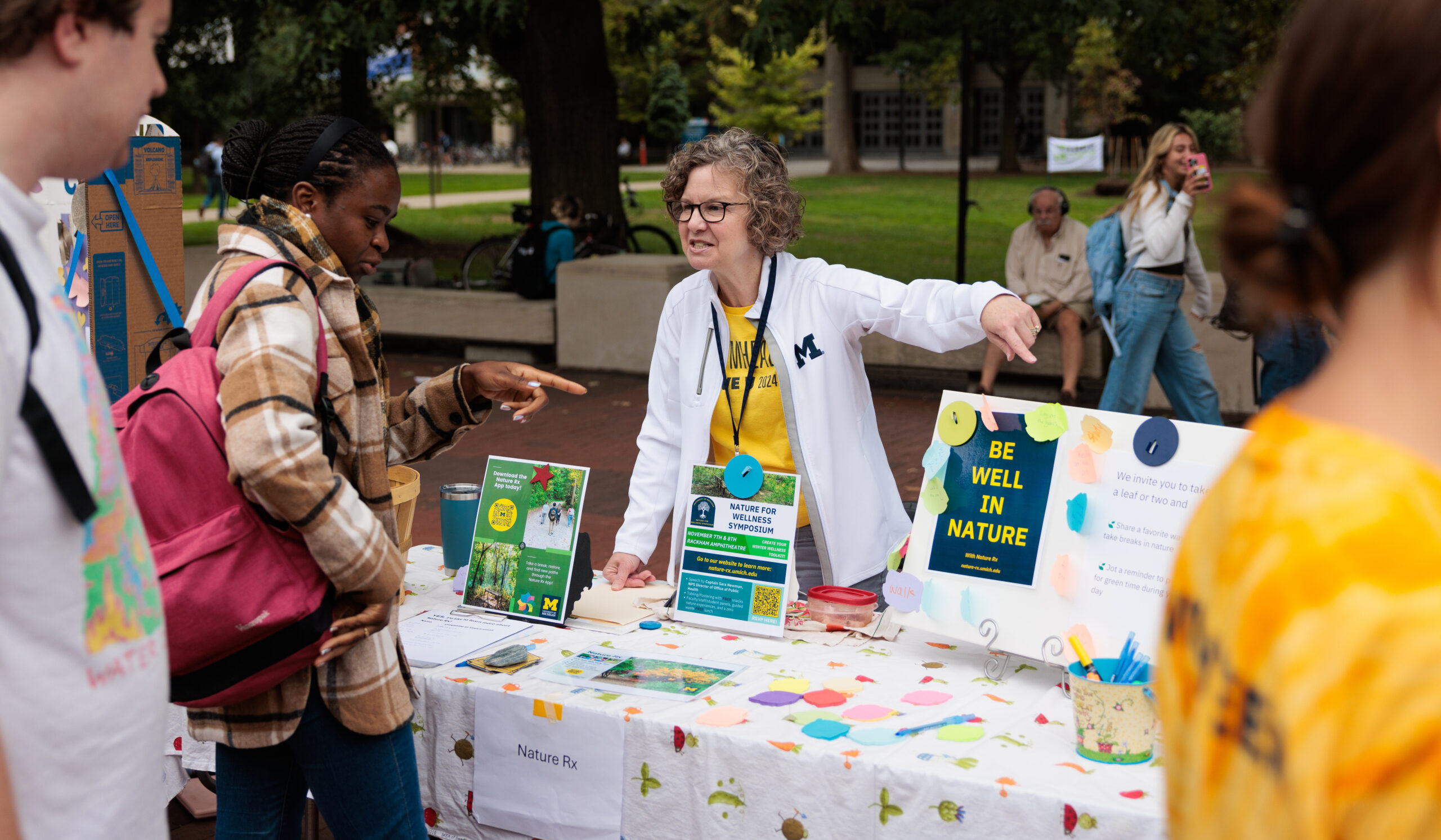Vic Strecher, MPH’80, PhD’83, is a professor of public health and medicine at the University of Michigan. He helps people align their work with a deeper purpose in life with his online course “Purpose at Work: A Course for Employees and Leaders.” In this Q&A with Alumni Career, Strecher explains purpose and how to integrate it into your career.
How do you define “purpose” in life?
Purpose is a self-organizing life aim, organizing your goals and direction in life. By extension, being purposeful is living with a clear sense of intention and direction, driven by meaningful goals that reflect your values and passions.
What are the benefits of having a life purpose?
The benefits are psychological, behavioral, and physiological.
Psychologically, people with a stronger sense of purpose tend to be more emotionally resilient in the face of life’s stressors. Their coping strategies, such as seeing the big picture or engaging in a family or religious ritual, more effectively manage stress and go hand-in-hand with purpose. Purposeful people tend to be happier, less anxious, and far less likely to be depressed.
Behaviorally, purposeful individuals tend to adopt behaviors that give them the energy they need to align with their purpose. These behaviors include physical activity, better sleep, and taking better care of oneself.
Physiologically, we’ve recently found that people with a strong sense of purpose tend to have reduced biological age acceleration. At retirement age, those with a strong sense of purpose are far less likely to develop dementia or Alzheimer’s disease. When asked how old they “feel,” purposeful people report feeling much younger than their biological age than less purposeful people.
Having a purpose not only organizes what you do in your life, it also guides you away from what you don’t need to waste your time doing. Aligning your actions with inner strengths and a deep sense of purpose provides motivation, fulfillment, and resilience.
Why is it important to have a sense of purpose at work?
We tend to spend most of our waking hours working — why not make it purposeful? For an employee, crafting purpose from your work makes it more enjoyable and fulfilling. For an employer, purposeful employees are more engaged, more energized by their work, and are far less likely to leave for another job.
Is it possible to find purpose in any type of job?
I believe so. The classic (and true according to Thomas Zurbuchen, former U-M faculty member and research director at NASA) story of this is when President John F. Kennedy was visiting NASA in the early 1960s. He walked up to a custodian, introduced himself, and asked what he did. “Well Mr. President,” the custodian responded, “I’m helping put a man on the moon.” A few years ago, a person was sucking the sewage out of our home’s septic tank. It’s a smelly, dirty job. I asked him why he did it. “For the money, of course,” he responded. When I mentioned that his job historically has had the greatest impact on the public’s health, his eyes lit up. You could tell that this simple flip in mindset made a difference.
What can people do to make their work more purpose-driven?
Go to the “why” of your work. Sure, making money is fundamental to work. Beyond this transaction, ask what is your “why” for working? What is the money for? Is there a social benefit to your work? If not, could you incorporate a social benefit? Can you grow personally from your work, learning things you didn’t know about yourself? Do you work in a team? Does the team have a purpose? Do you ask other people you work with what their purpose for working is?
As my colleague, Robert Quinn, from the Ross School of Business states, true leaders in business are the ones others want to be like. Why do others want to be like them? Because they’re motivated by a deep, authentic sense of purpose.
To further explore aligning your work with your life purpose, check out Vic Strecher’s Michigan Online course here.
Kierra Trotter is the director of alumni career and education at the Alumni Association of the University of Michigan.





